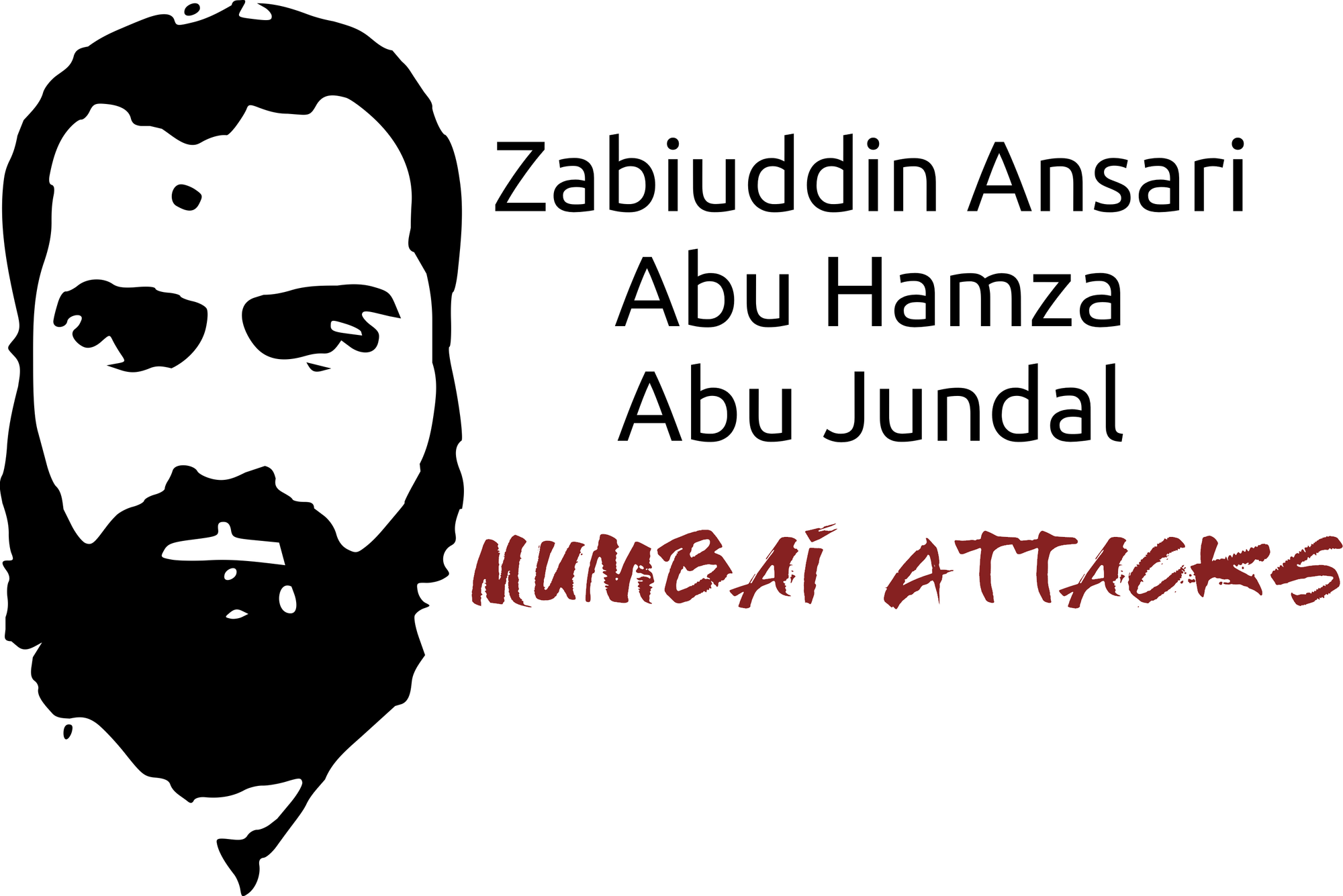During the hours after the Mumbai Attacks, i had written an analysis, where I had suggested that it is important for India to emphasis and promote Sufi Islam within the Muslim society. For, I believe, it is entirely hypocritical on part of everyone to praise and eulogize Akbar and Dara Shikoh’s spiritual paths but follow Aurangzeb’s radical Islam. Now, it is no longer a question of “faith” and religious instruction itself – but the very foundation of Islam.
Take for example the word “Jehad”. The “moderates” are wont to say that Jehad’s real meaning is self introspection. Well, the news for such moderates is that in Wahabi and other radical Islamic traditions, Jehad has been PRACTISED exactly how the terrorists potray it as!!
So, If they are looking for the spiritual meaning of Jehad, it has ONLY really (as in…. practised) existed in Sufi traditions as an inherent practice! So, to follow the radical strains of Islam that are so symptomatic of popular Sunni Islam over the centuries, is to FORCIBLY restrict the meaning of Jehad to mindless and senseless violence. If that is where you faith lies, then you lose the moral right to brandish the other meaning as the real one! Because you cannot rubbish an ideology as false to start with and yet use its peaceful tenets as a cloak for the more extremist tenets of your own ideology!!
Am I the only one who is thinking along these lines? Well thankfully no. Here is Ayesha Siddiqa – an independent Security Analyst from Pakistan who has written a book “Military Inc”.[1] She talks about the drifting of the youth towards Salafi Islam and avers that it would be better if her country’s youth could move to Sufi Islam instead. What is Salafi Islam?
is an Islamic movement that takes the ancestors (Salaf) of the patristic period of early Islam as models. The principal tenet of Salafism is that Islam was perfect and complete during the days of Muhammad and his companions, but that undesirable innovations have been added over the later centuries due to materialist and cultural influences. Salafism seeks to revive a practice of Islam that more closely resembles the religion during the time of Muhammad .
And it is often used synonymously with the Wahabi Islam. Wahabism, though, is said to be a sub-sect of Salafi Islam. Ayesha says in her article:
Sufi Islam certainly has a lot of potential in stemming the tide of extremism in the country. It is also a much more tolerant and secular form of religion that reaches out to all sorts of people irrespective of their caste, creed, ethnicity, colour, or race. However, the fulfillment of this potential is another matter. In the coming decade, more and more people will continue to drift towards Salafi Islam due to a lack of options.
Interestingly even RAND Corporation had discussed such a thing in their paper: “Building Moderate Muslim Networks” (attached here).
In general, there appears to be three broad sectors within the spectrum of ideological tendencies in the Muslim world where the United States and the West can find partners in the effort to combat Islamist extremism: secularists; liberal Muslims; and moderate traditionalists, including Sufis.
I think that makes much more sense for the world to back up. What do you think?
Reference Links:
1. Faith Wars
Attachment: Building Moderate Muslim Networks.pdf




